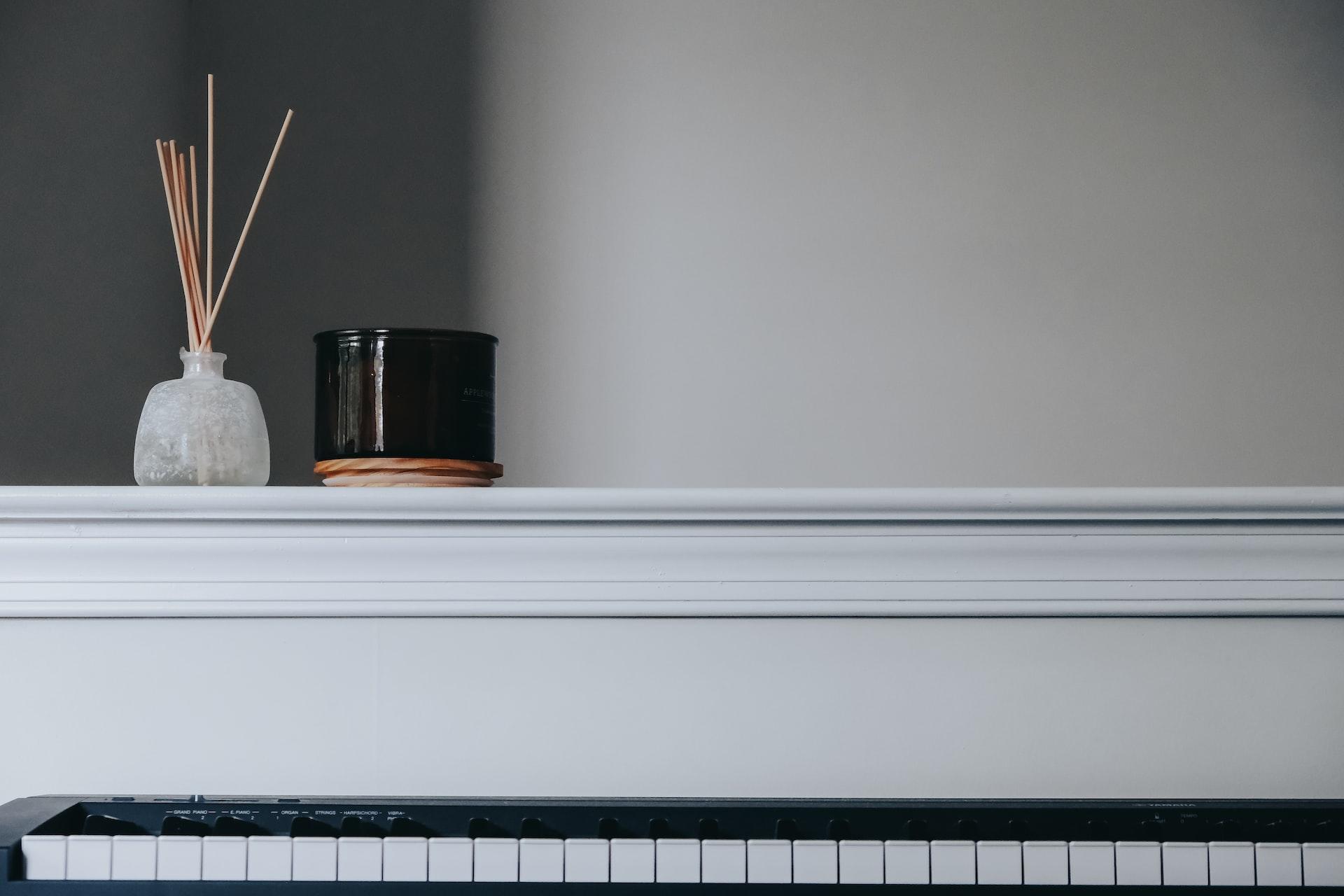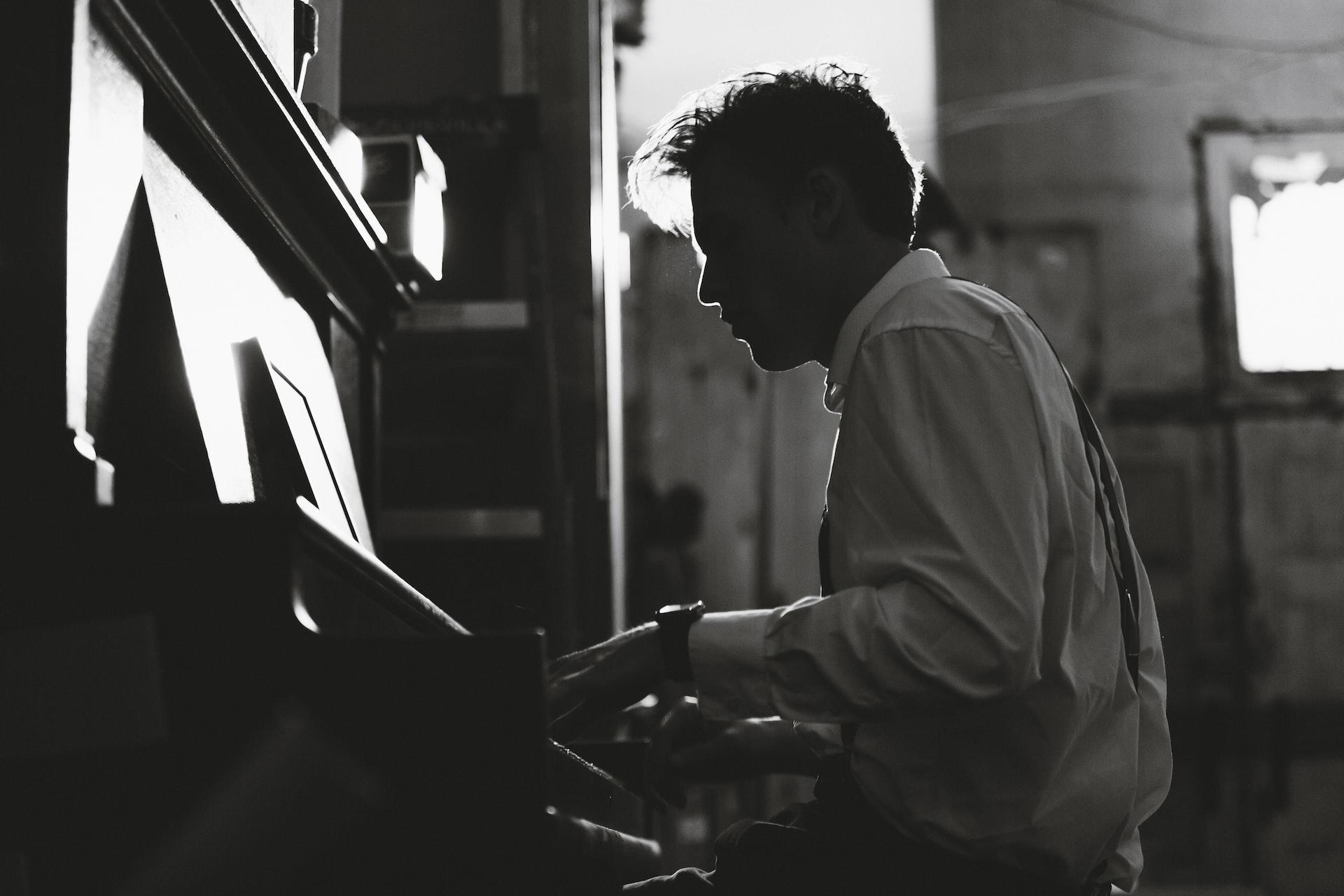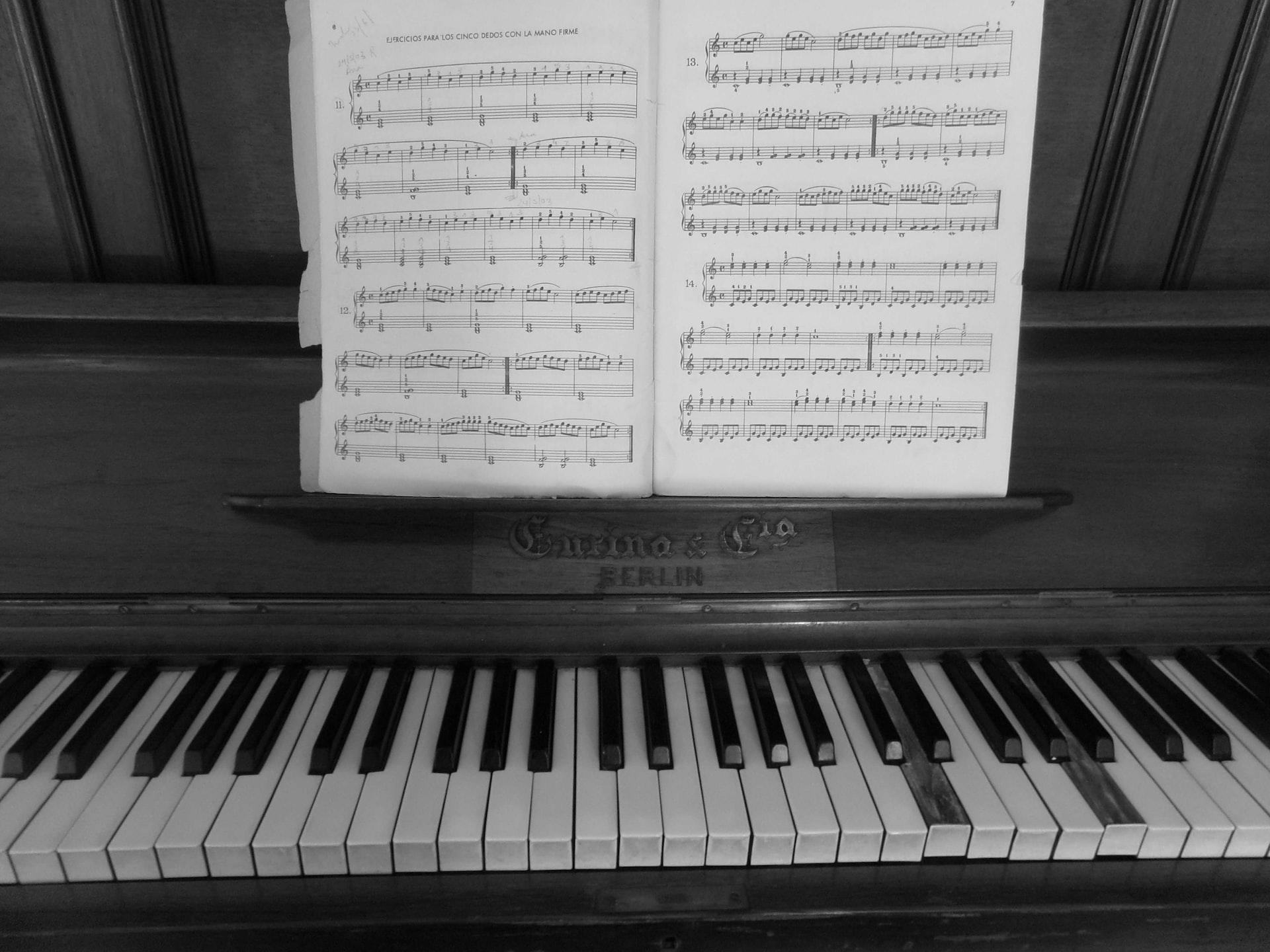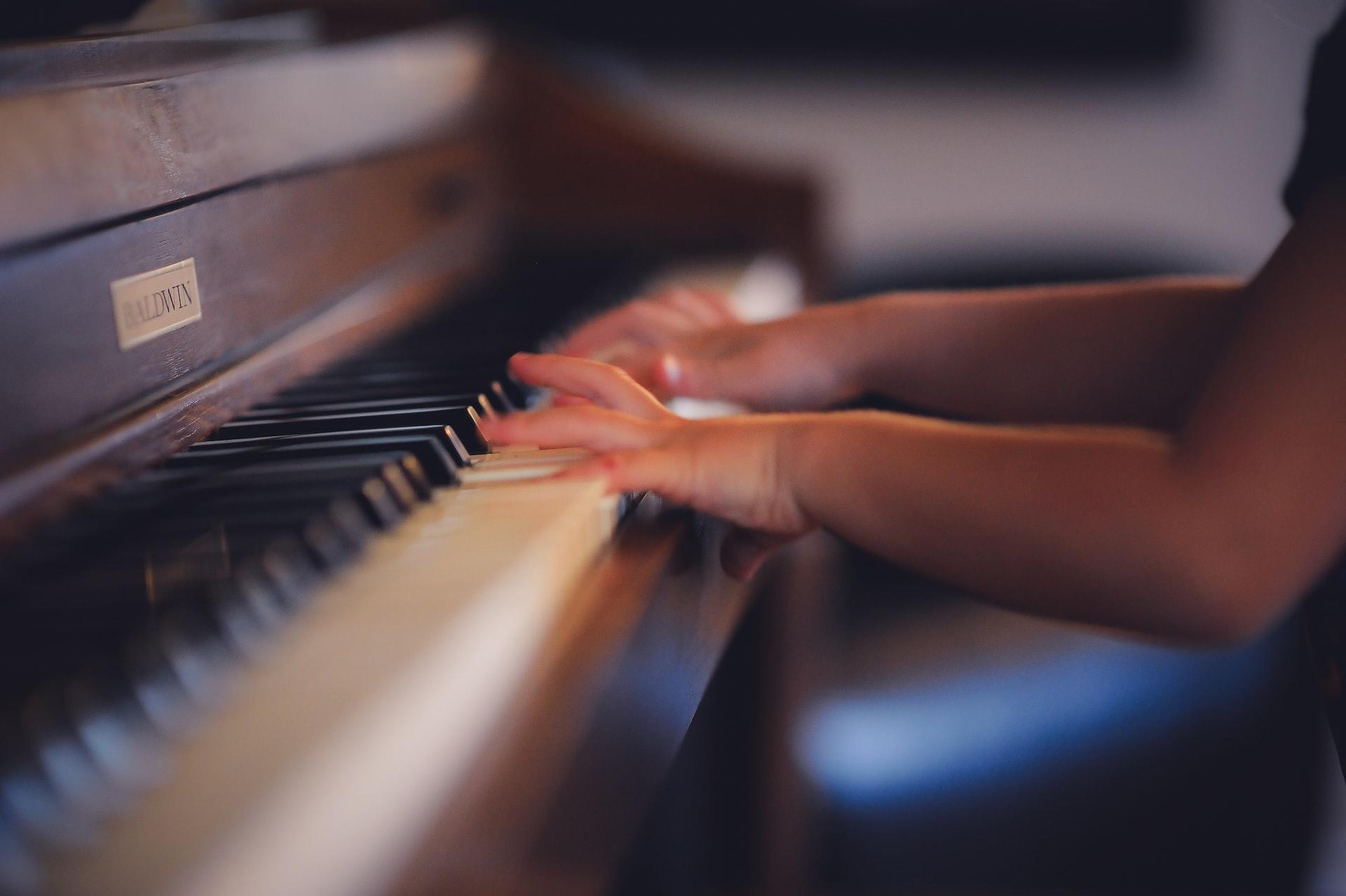Learning to play the piano comes with plenty of benefits for the mind, body, and soul as well as improving your social life and general well-being. If you're still considering whether or not learning to play the piano is worth it, these benefits should definitely convince you!

How Playing the Piano is Good for Your Brain
Music and learning to play musical instruments have been shown to come with plenty of benefits for your brain. Here are just a few of them.

Improve Your Cognitive Function with the Piano
Learning to play the piano can make you think more quickly and improve your overall mental sharpness. Playing the piano involves a lot of your brain and as you get better at playing the piano, your brain will get better at lots of things.
Get Better at Maths by Playing the Piano
This might sound like a weird benefit of playing the piano, but it's been shown that musical training can help improve somebody's mathematical ability. While playing the piano won't necessarily make you a mathematician, there are benefits outside of the world of music.
Playing the Piano Improves Your Concentration
Learning to play the piano requires a lot of concentration, especially when you're using your hands and your feet simultaneously. Pianists, as well as other musicians, get into the habit of being able to concentrate much better because they have to play.
Pianists Have Better Coordination
The piano requires you to use both hands as well as your feet. Playing two different parts with each hand while also manipulating the pedals requires not only concentration but a great degree of coordination.
At first, you'll make a lot of mistakes and struggle to coordinate all your limbs at the same time, but as you progress, your overall coordination will improve greatly.
Pianists Are Great at Multitasking
Just as you learn better coordination through playing the piano, you'll also learn to better multitask. After all, whenever you're playing two different piano parts, you're already multitasking. Like a lot of the other skills used when playing the piano, multitasking is a skill that can transfer into other parts of your life.
Playing the Piano will Improve Your Memory
Pianists have a lot to remember. As you study playing the piano, you'll learn scales, songs, music theory, etc., and you'll constantly be using your memory. Studies have shown that pianists' memories improve as quickly as six months after taking up playing the instrument.
Playing the Piano is Good for the Soul
Beyond the benefits playing the piano has on your mind, the piano is also good for your overall well-being, which is probably why it's been such a popular instrument for hundreds of years. Even if you don't have any interest in becoming a top-level pianist, it's worthwhile learning how to play the piano just to improve your mood and feel better about yourself.

Boost Your Confidence by Playing the Piano
The simple act of dedicating time to a skill and getting good at it can do wonders for your self-esteem and your confidence. It's nice to reap the rewards of the time spent studying music theory, rehearsing pieces, and practising playing the piano from the sense of achievement you can get.
Feel Happier Playing the Piano
Music can have a powerful effect on our emotions and playing the piano is a great way to feel happy. It's an enjoyable activity and studies have shown that playing the piano each day can reduce depression and lower your blood pressure.
Get Rid of Stress by Playing the Piano
Letting loose by tickling the ivories can also help you reduce stress. After a hard day at work or school, it can be relaxing to sit at the piano and practise or play your favourite songs.

Playing the Piano is Good for Your Body
As we've seen, playing the piano is good for your mental health, but did you know that it's also good for your physical health?

Naturally, playing the piano isn't a replacement for exercise, but there are physical benefits that might convince you to take it up.
Playing the Piano Can Help Fight Ageing
Learning to play the piano can help fight the signs of ageing by increasing the production of the Human Growth Hormone (HGH). This is a hormone that can work to combat aches and pains and even wrinkles!
Pianists Naturally Have Better Dexterity
By playing the piano, you can improve your dexterity as well as the strength of your hand muscles. If you do any other activities that require fine motor skills, they'll be helped by playing the piano.
Combine this dexterity with improved coordination and the ability to multitask and you'll find a lot of everyday tasks and skills become easier.
Playing the Piano is Good for Your Social Life
Once you start playing the piano, you'll instantly have something in common with every other pianist in the world. While some, or even many of them, will play the piano better than you, they've all been there and know what it's like.
Be Part of a Community by Playing the Piano
You now share an interest in piano with every other pianist out there and by playing the piano, you can become part of communities around playing the piano. Whether these communities are online in forums or on social media or in real life, you'll have more opportunities to socialise with others.
Make Friends by Playing the Piano
Beyond the pianist community, you'll also be able to make friends through a shared interest in playing music or even just enjoying music. People naturally congregate around music and few people on the planet don't enjoy music in one way or another.
Whether you attend concerts by other pianists, participate in recitals or rehearsals, or just take exams in playing the piano, you'll come across others who share your interest in music.
Learning with a piano tutor is also a great way to share your passion, especially with someone who will reinforce and encourage your love of this incredible instrument.
When Should I Get Started Playing the Piano?
It's never too late to start playing the piano. While it's normally better to start young as you'll have more time to dedicate to playing the piano, you can start learning how to play at any age.

If you're still not convinced, here are some of the ways people of different ages can benefit from playing the piano.
The Benefits of Starting to Play the Piano at a Young Age
While all the other benefits we mentioned can help everyone, children can benefit a lot from learning to play the piano.
For one, lessons provide them with structure and the benefits such as improved concentration and maths will also help them in school. They'll also get used to listening to others and while you might think that they should start learning as soon as possible, there's not much point in dedicated piano lessons before the age of 5.
However, that doesn't mean they can't learn about music and there are classes and workshops for very young children to discover music and explore their musicality.
The Benefits of Playing the Piano in Later Life
Older readers' interest was likely piqued when they saw how playing the piano reduces wrinkles and delays the effects of ageing, but these aren't the only benefits of playing the piano in later life.
The social benefits are great if you're looking to make new friends and the mental health benefits are useful for offsetting the natural mental decline that comes with age.
How To Get Started Playing the Piano
Now that you know why you should start learning to play the piano, you're probably wondering how you can go about it.
Fortunately, there are plenty of resources out there to get you started and as you're already online, you can quite quickly find free beginners' lessons for playing the piano, guides for buying pianos or keyboards, and even websites to find teachers or tutors to help you.
Superprof is a platform that connects students with tutors and instructors. Are you looking for local piano instructors or online piano lessons? Superprof makes finding piano lessons easy and simple.
Which Are the Best Ways to Learn How to Play the Piano?
As every student is different, there's no single good answer to this question. The important thing is that you choose a method that works for you, your budget, and how you like to learn.
If you're not sure about whether or not you'll like playing the piano, it's recommended that you don't invest too much money in learning, especially if you're prone to moving on to new things quite quickly. You can always increase how much you invest in learning to play the piano once you've been learning for a while and it's clear that you're going to stick at it.
Children tend to do well with structured lessons whilst adults are more likely to have the determination to teach themselves and find their own resources and what works for them. In either case, resources are out there and as you've seen, learning to play the piano is definitely worth it!
If you are interested in finding piano instructors in your town but do not know where to start, visit Superprof and find the piano lessons you are looking for!
Summarise with AI:















